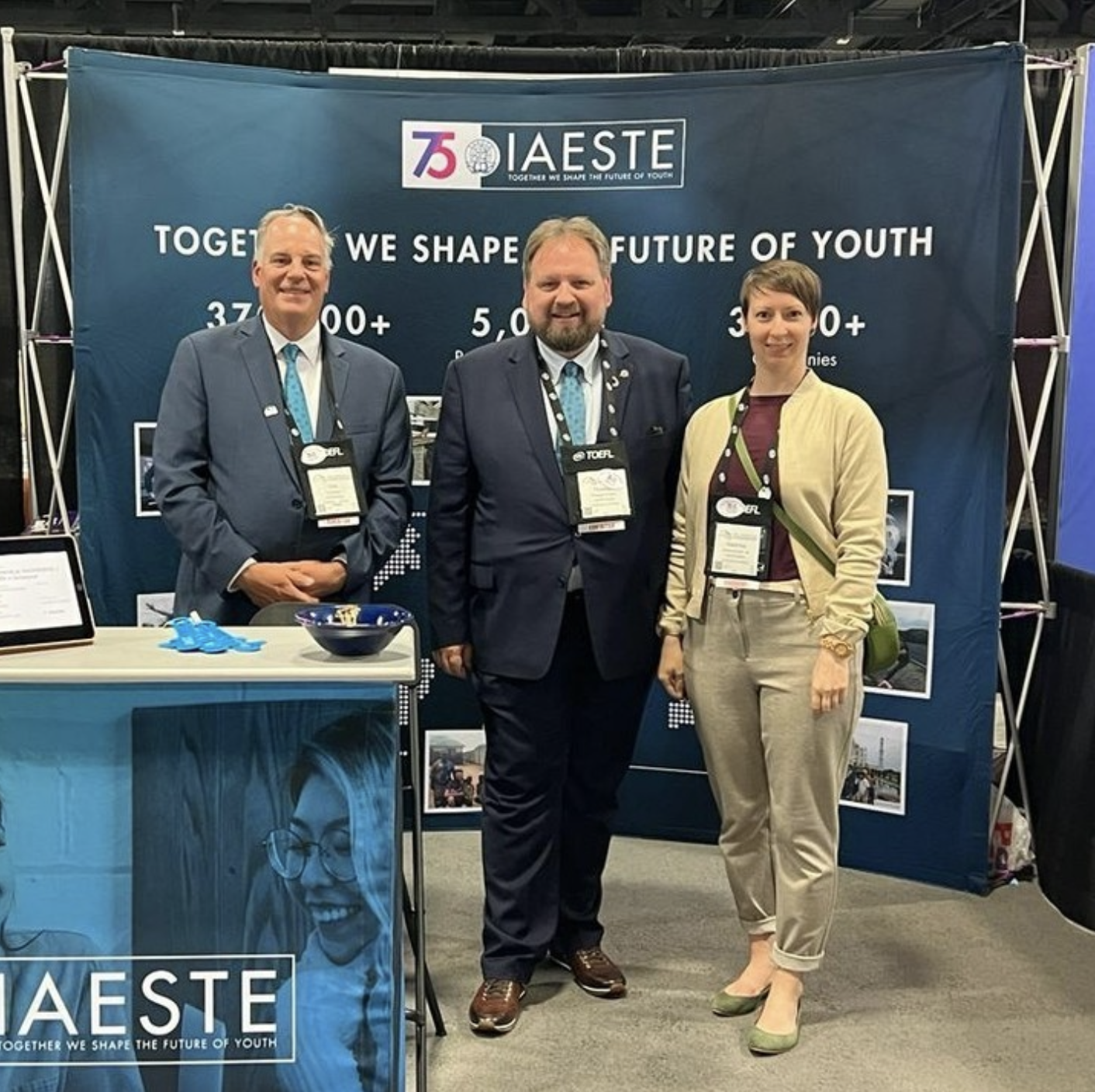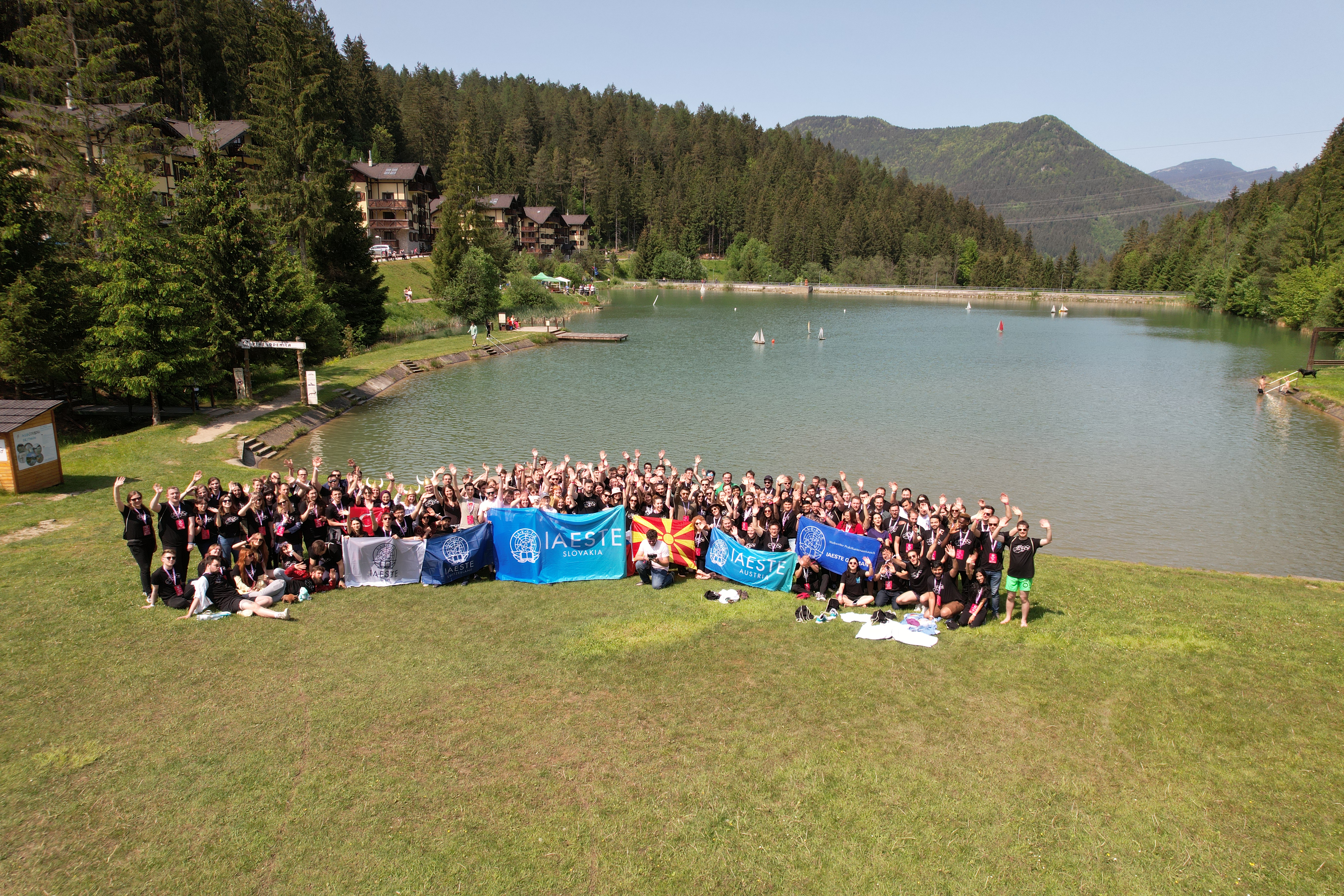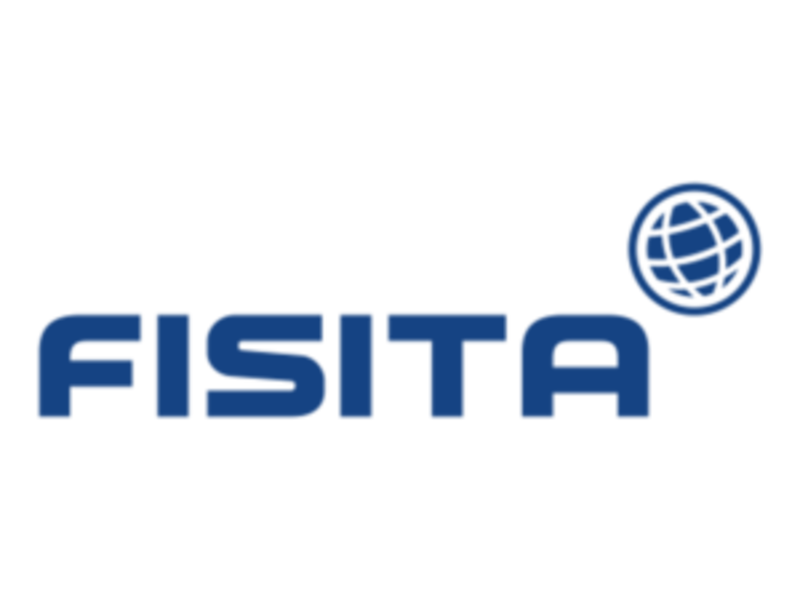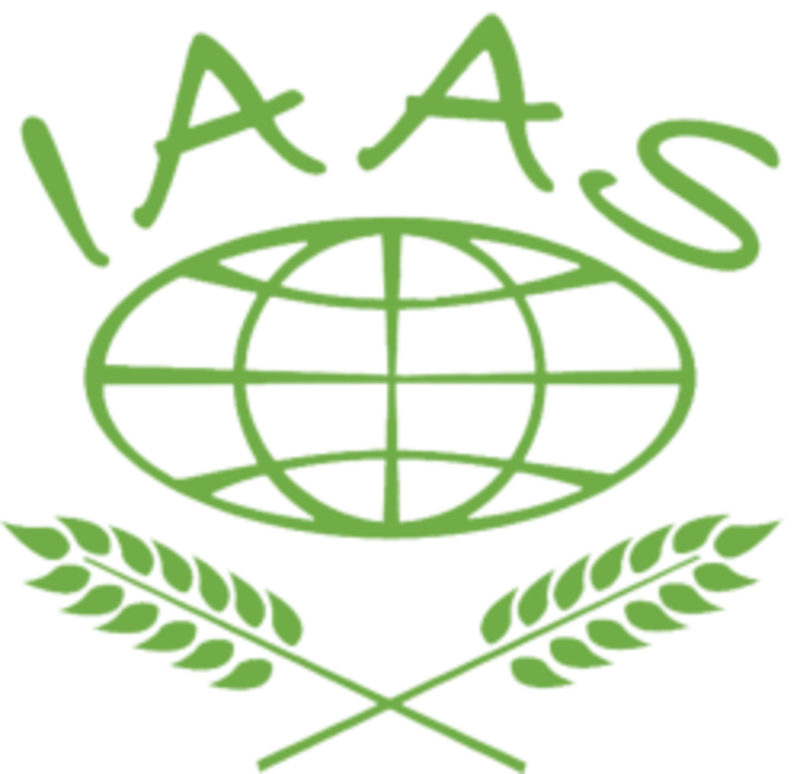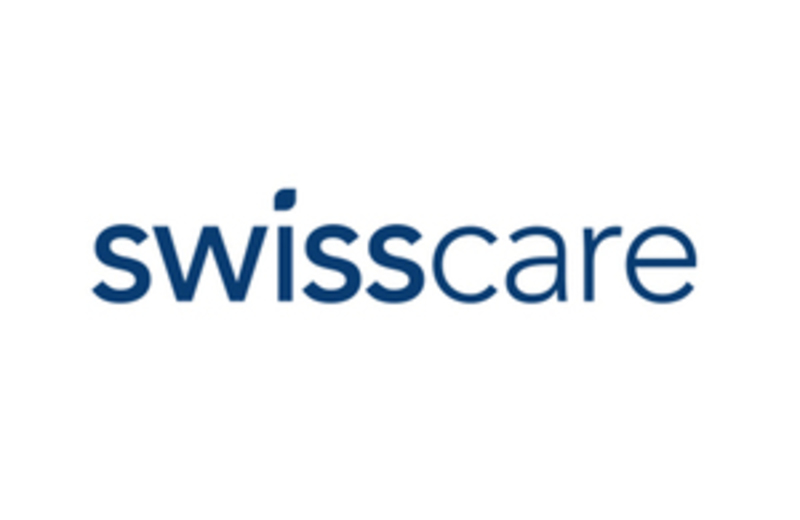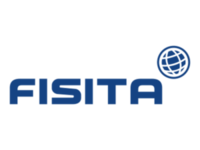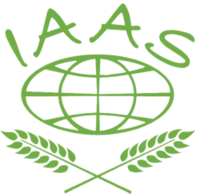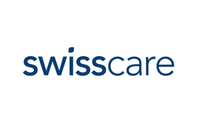LEO-NET Consortia Day - Ghent, Belgium
The Seminar was oriented on the development of the consortium for running the Erasmus program in European countries. I learned that they basically send out students but don’t take care of incoming students. The EU commission is indeed giving finance for sending but not for receiving. So they have normally no experience to look for offers with companies (with the exception of, for example, the University of Eindhoven, who has worked with IAESTE in the past –they still don’t understand why the University of Delft stopped running IAESTE). Normally, the students find the traineeship themselves and they help them with the formalities.
Mr. Johannes Gehringer began by explaining the actual situation of Erasmus. There is a last call in 2019 before a new programme about youth mobility in Europe, linked with the new EU budget, starts in 2021. In principle the funds allocated to education for 2021-2029 should be bigger than before (30 billion Euro against 14 billion now) but the countries want also to reduce the overall EU budget. So it is not clear what the final numbers will be. He also spoke about two projects: the European University (group of universities, where a student can receive a join degree studying at more than one of them) and the European Student card (a chip card that contain all the information about courses and grades of the student). Around 20% of the institutions (around 5500 institutions in Europe) send 80% of the students. The overall mobility is 5% of the number of graduated students while they hope to reach between 20% and 50%. We also heard about the ESNcard (https://www.esn.org/esncard).
Mr Jacques Spelkens, head of CSR department of Engie Benelux (part of the Suez Group about electricity providing) was invited to give the point of view of companies and student mobility. He told us that, what was previously known as “Soft skills”, are now named “behaviour skills”. Companies, and certainly multinationals, are desperately looking for very mobile people to work for them. Often, they have a skill shortage in certain areas and need to move their personnel from one country to another. This seems a big problem, certainly at lower educational levels. They started their own “university” twenty years ago, but they came back and now they try to train the teachers to better understand the companies so they can give the right tools to their students. (Could we think about an exchange program for professors and teachers in IAESTE? Just a crazy idea or not?). In the future they want to increase the number of trainees at their company. They don’t pay a salary but a reimbursement of expenses. They really need mobile, multilingual, adaptive and flexible employees. They also have a big need of nuclear engineering students from outside Belgium. For them, an ideal traineeship should be 18 months…but 3 periods of 6 months are fine. He finally suggested to bring more company people in the consortium…
Mr. Thomas Berger from the University of Fulda of Applied Sciences introduced a workshop about the future of Consortium in the European Union. We were working on the relationship and financing by the EU, the “transnational” consortium (meaning the consortium that takes care of incoming students, the cooperation between the existing consortium (there are around 220 consortium accredited by the EU). He spoke also about an interesting initiative about employer ranking by students (transparencyatwork.org). He was explaining that the software behind it can easily be adapted to the needs of the people with their own logo.

